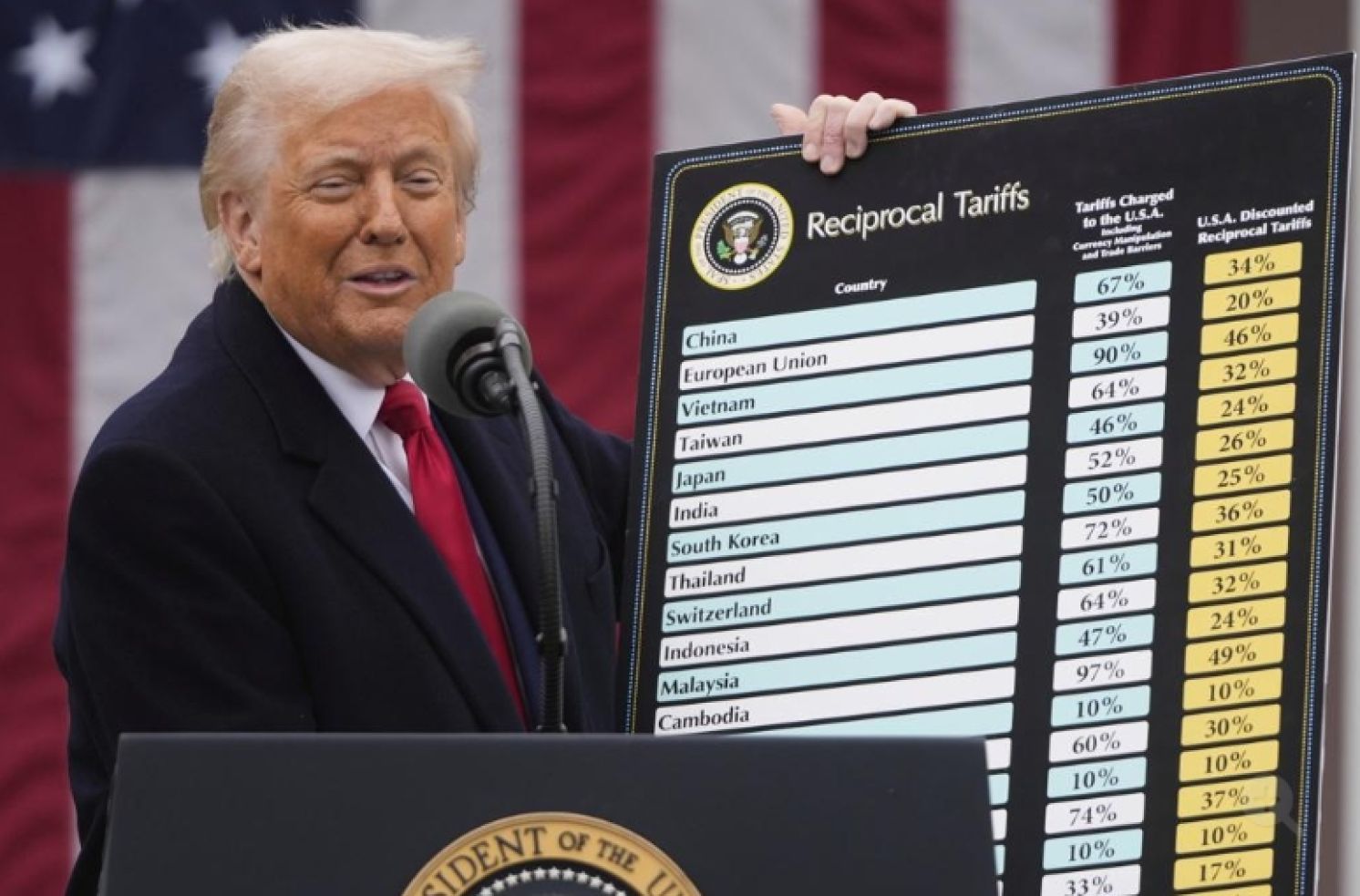
U.S.-Taiwan Tariff Arrangement Remains Undisclosed, Could Sway Mass Recall Vote
United Daily News Commentary, July 13, 2025
As the United States prepares to implement its new reciprocal tariff policy on August 1, countries around the world are waiting for President Donald Trump to unveil the final list of affected nations. Taiwan, notably absent from all released rounds so far, has yet to receive confirmation of its inclusion.
Vice Premier Cheng Li-chun returned from trade negotiations in the United States on July 12. When pressed by media about the progress, she stated only that talks had entered a “critical stage” and that the government was working to finalize the agreement before the deadline. This contrasts with earlier assertions by the administration of President Lai Ching-te that Taiwan was actively pushing to be included in the initial announcement. The shift in tone has fueled speculation that the delay may be linked to concerns over the potential impact on the upcoming July 26 nationwide recall vote.
Mr. Trump first announced the new reciprocal tariff rates on April 2. Taiwan, with its export-oriented economy, faces a proposed rate as high as 32 percent. This came despite the Taiwan Semiconductor Manufacturing Company (TSMC) already committing to invest $100 billion in the United States, sparking strong domestic backlash after the new tariffs were unveiled and top government officials initially remained silent.
At the time, Taiwan stressed its intent to be included in the first round of negotiations, citing the strength of U.S.-Taiwan ties. In early May, the Taiwan dollar surged sharply during the initial round of talks. A second round of in-person negotiations took place on June 25, led by Cheng and Taiwan’s chief trade negotiator Yang Jen-ni. Coinciding with these talks, the Taiwan dollar again appreciated significantly between June 24 and 26—a 0.569-point gain—raising speculation in financial circles that the central bank may have strategically stepped back to allow appreciation during negotiations.
The local currency has strengthened from NT$33 to under NT$30 against the U.S. dollar, even reaching NT$28.8, dealing a blow to major exporters and life insurance companies. TSMC reported a 17.7 percent drop in June revenue compared to the previous month. TSMC Chairman C.C. Wei had previously warned that a 1 percent appreciation in the Taiwan dollar could cut operating margins by 0.4 percentage point, underscoring the severe impact of currency fluctuations. For Taiwan’s economy dominated by small and medium-sized enterprises, —both reciprocal tariffs and exchange rate volatility are compounding economic pressures.
While Japan and South Korea have faced stalled negotiations with Washington due to their insistence on protecting domestic interests, Taiwan has reportedly taken a more conciliatory approach. Some sources say Taiwan has offered broad concessions, including lifting import restrictions on American beef offal and ground meat, and adjusting ractopamine residue limits on pork kidneys to align with international standards. The Ministry of Agriculture and Bureau of Animal and Plant Health Inspection and Quarantine have recently held a series of internal meetings, while the Executive Yuan’s trade office has reportedly placed the matter on the formal negotiation table.
Despite these developments, the Lai administration has remained tight-lipped. The earlier aggressive push for inclusion in the first round has quieted, even as Mr. Trump continues announcing new tariff targets—with Taiwan still unlisted. Observers note several possibilities: talks may have hit a deadlock, or Taiwan may already be aware that the outcome is not favorable. Even if Taipei manages to secure a rate below 20 percent, the cost may be opening its markets to American agricultural goods—a politically sensitive move ahead of the July 26 recall vote, particularly in farming regions considered strongholds of the ruling Democratic Progressive Party (DPP).
Analysts point out that if negotiations were going well, the DPP would likely be touting the progress publicly. The uncharacteristic silence raises further questions. Meanwhile, the prolonged uncertainty continues to burden local businesses—a situation some describe as economic “death by a thousand cuts.” For the Lai administration, however, the recall vote appears to take priority, with any potentially damaging announcements seemingly delayed until after ballots are cast.